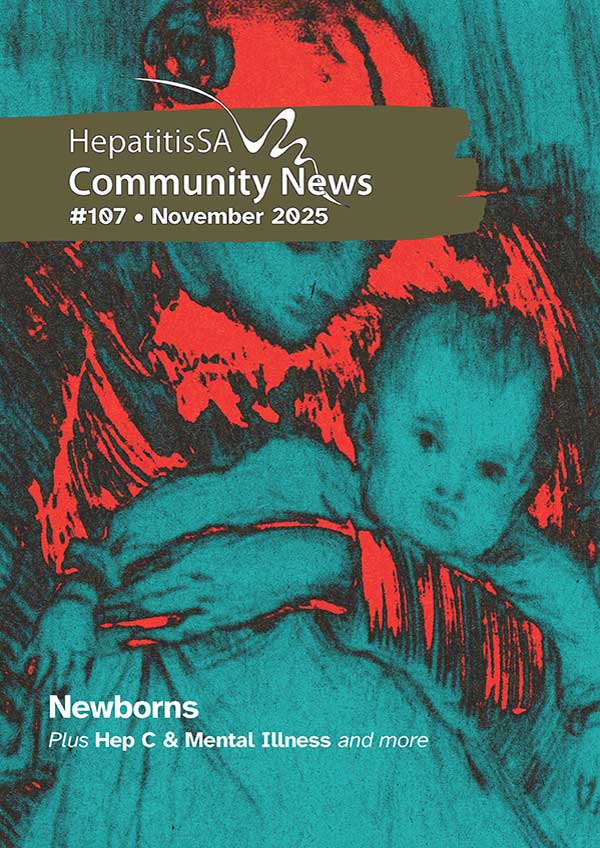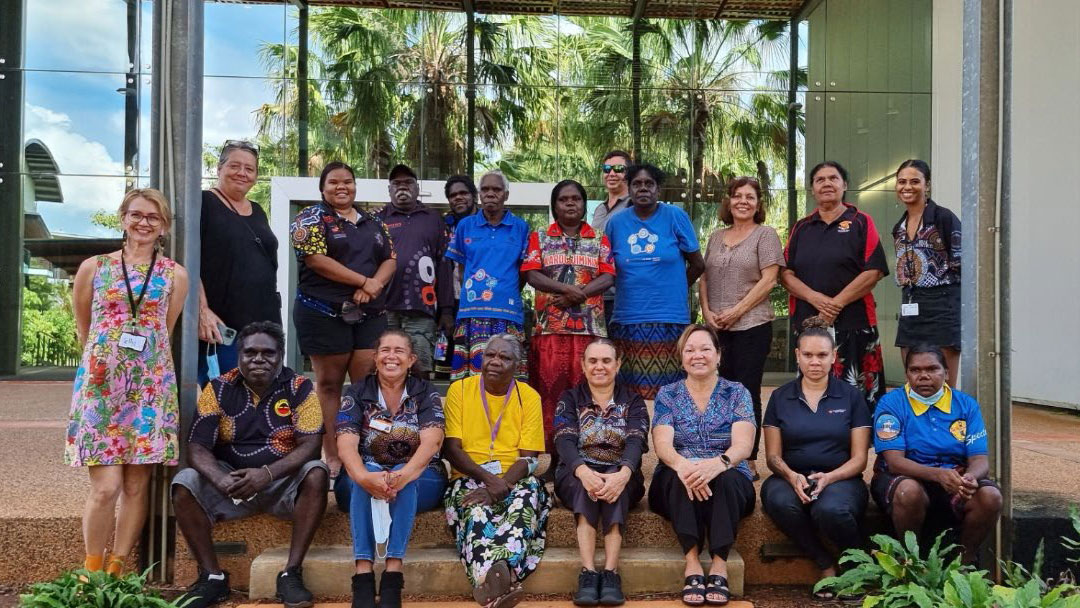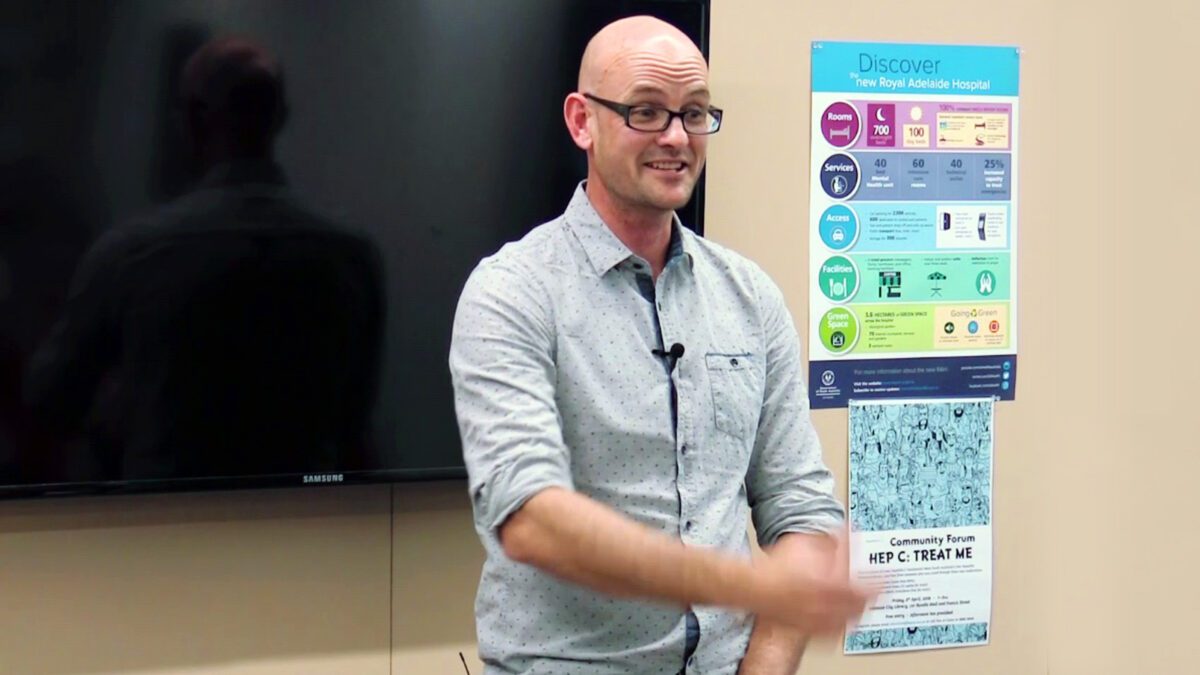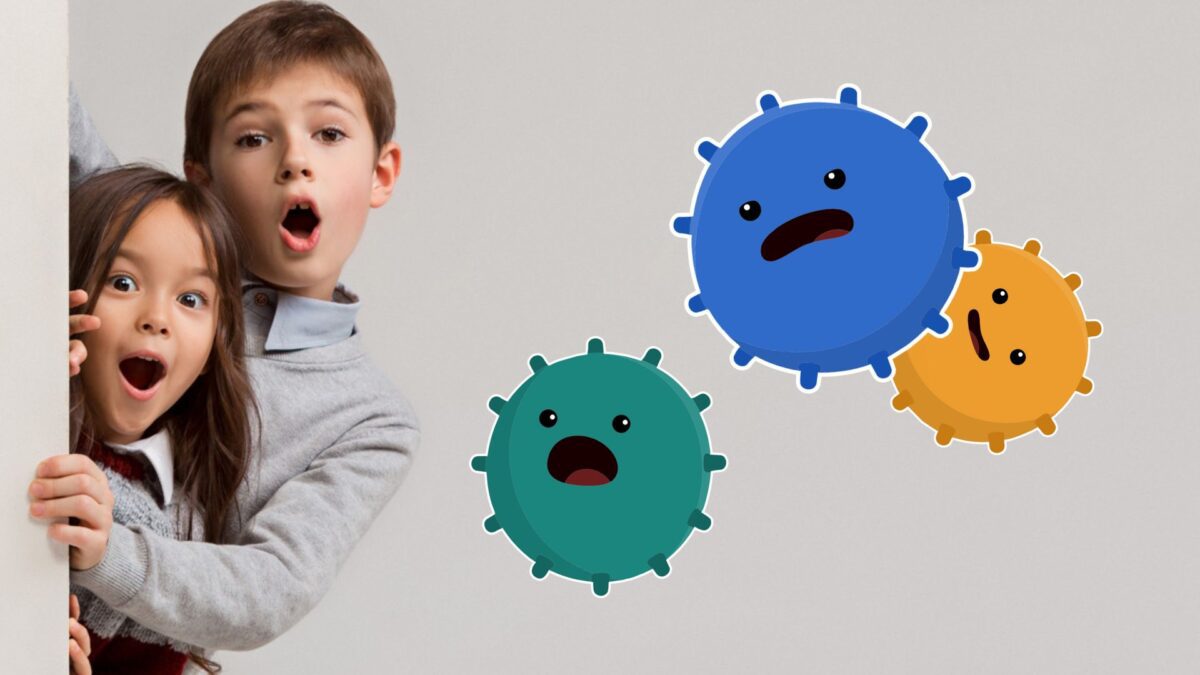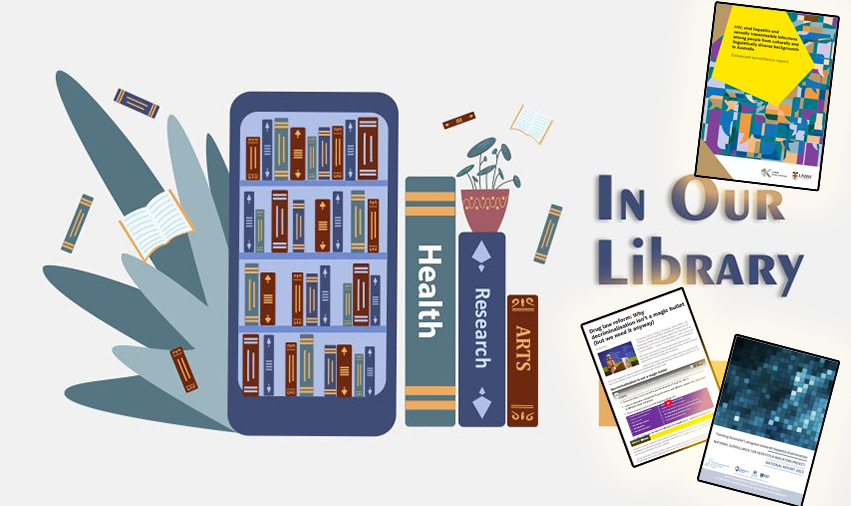27 May is the anniversary of the 1967 referendum where Australians voted to remove clauses from the Australian Constitution that discriminated against Aboriginal and Torres Strait Islander people; and 3 June is the anniversary of the 1992 High Court Mabo decision – the recognition that Aboriginal and Torres Strait Islander peoples’ rights over their lands did survive British colonisation.
These two dates embrace National Reconciliation Week, marking its start and close. It’s a time for Australians to pause, think and learn about how all of us can contribute towards a just, equitable and reconciled Australia. The day before, 26 May, is National Sorry Day – a day to commemorate and honour the Stolen Generations.
For community health organisations like Hepatitis SA, the journey towards reconciliation is part and parcel of the journey towards health equity and better health outcomes for all, given the indisputable link between health and socio-economic factors.
At its heart, reconciliation is about strengthening relationships between Aboriginal and Torres Strait Islander peoples and non-Indigenous peoples, for the benefit of all Australians.
Aboriginal and Torres Strait Islander communities live with higher hepatitis C prevalence and have less access to on-going health care including hepatitis B testing, monitoring and treatment. The 2025 National Reconciliation Week theme: Bridging Now to Next is a reminder to us to see and acknowledge these inequities, and work with communities to close the gaps.
Reconciliation Australia reminds us that “at its heart, reconciliation is about strengthening relationships between Aboriginal and Torres Strait Islander peoples and non-Indigenous peoples, for the benefit of all Australians.
“For Aboriginal and Torres Strait Islander peoples, Australia’s colonial history is characterised by devastating land dispossession, violence and racism. Over the last half-century, however, many significant steps towards reconciliation have been taken.
“Reconciliation is an on-going journey that reminds us that while generations of Australians have fought hard for meaningful change, future gains are likely to take just as much, if not more, effort.”
History
National Reconciliation Week began as a Week of Prayer for Reconciliation in 1993, supported by Australia’s major religious groups. Three years later it evolved into National Reconciliation Week under the guidance of the Council for Aboriginal Reconciliation (now Reconciliation Australia).
Reconciliation Australia, which organises and sets the theme for National Reconciliation Week each year, is an independent, not-for-profit organisation established in 2000. It is the national organisation responsible for building and promoting reconciliation between Aboriginal and Torres Strait Islander peoples and other Australians.
Reconciliation Australia also works with state reconciliation organisations in New South Wales, Queensland, Victoria, Western Australia, South Australia and the ACT to organise local events and activities for National Reconciliation Week.
What can we do?






The Reconciliation Australia NRW page has information on activities and events taking place in your local area during the Week. There are resources to download and share both in printed form and for social media. If you’re part of a choir, you can even get together to sing this year’s Voices for Reconciliation song: ‘Solid Rock’, and view last year’s performances of ‘Blackfella, Whitefella’ by choirs around Australia from primary schools to Opera Australia.
And Reconciliation Australia suggests that “On a personal level, you can think about what you can do locally and take the time to learn about the rich Aboriginal and Torres Strait Islander cultures that exists in Australia.
“And, importantly, find the time to talk with your family and friends about why it’s important for all Australians to build respectful relationships with each other, and especially with Aboriginal and Torres Strait Islander peoples.”
It’s not too late to find out more.
Last updated 25 June 2025
More from:
Enjoyed this article? Subscribe to be notified whenever we publish new stories.
Subscribe for Updates

